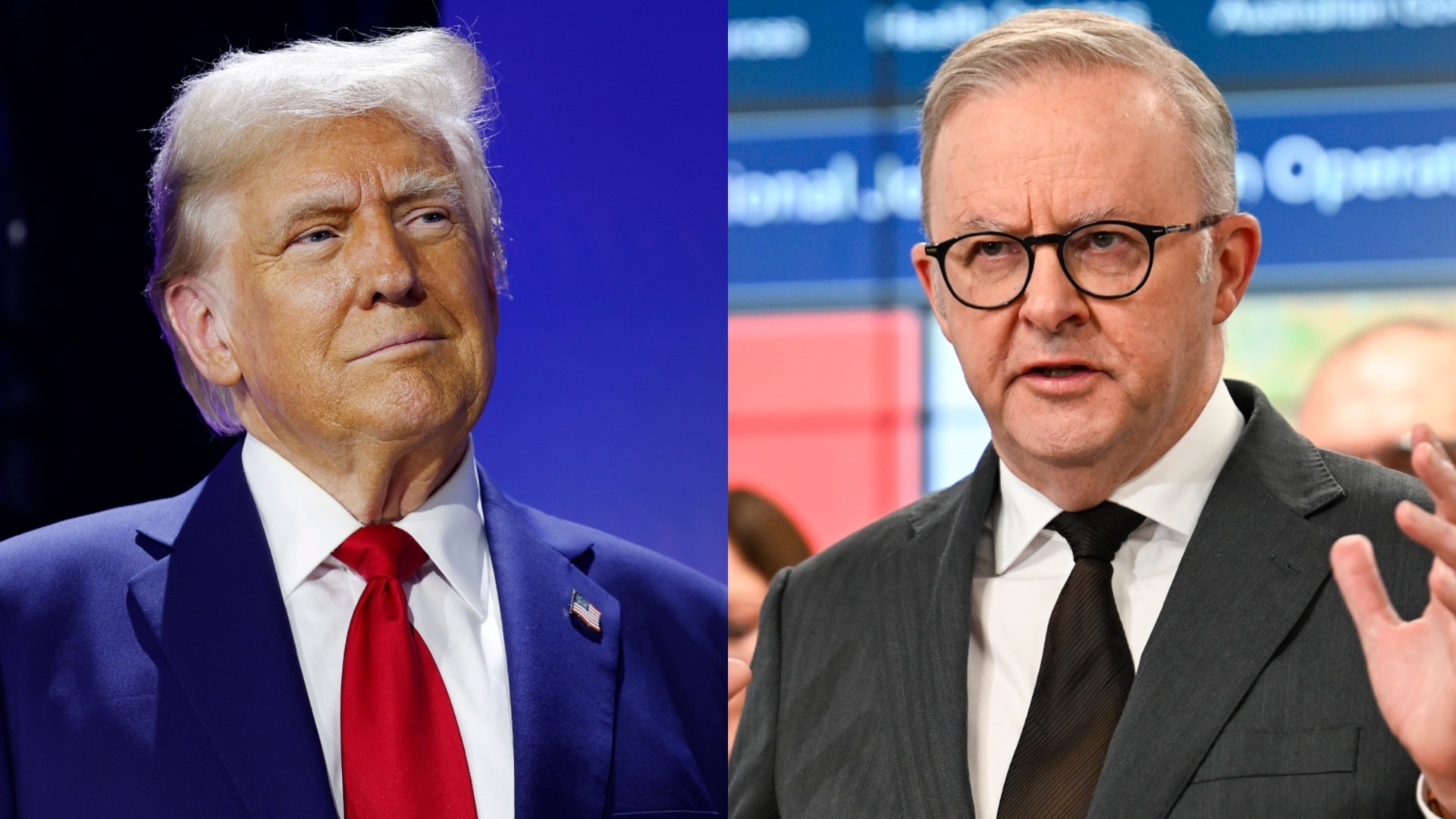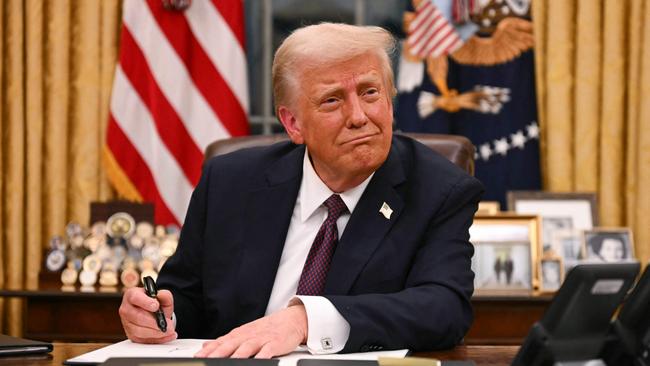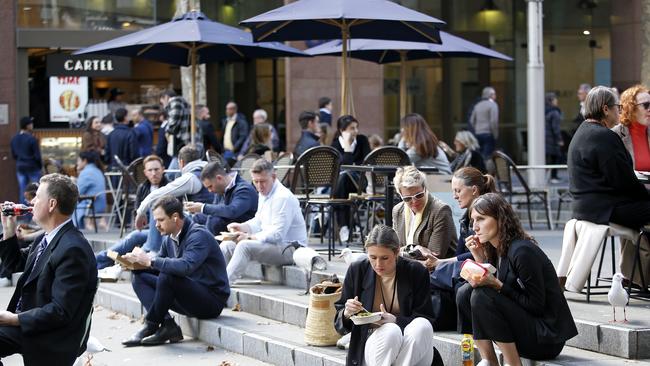‘Downward pressure on prices’: Silver lining in Trump trade
Australia could be one of the few countries that benefits from the fallout of US President Donald Trump’s tariff policy.

Aussies households are tipped to slow their spending on the back of US President Donald Trump’s tariff policy even though they will likely benefit from cheaper goods and it helped deliver a rate cut in May.
In a speech made at the Economic Society of Australia Business Lunch, RBA assistant governor Sarah Hunter said Australia was one of the countries that could benefit from cheaper goods in the short term as weakening growth outweighs rising costs for businesses.
“Overall weaker global growth would put near-term downward pressure on the prices of globally traded goods,” she said.
“For countries that are not imposing higher tariffs, such as Australia, this could flow into import prices, making products cheaper and lowering inflation.”

But the Trump tariffs are unlikely to lift anaemic household spending, with Australians tipped to moderate their purchases, while business investment is tipped to stall.
“Greater uncertainty about the future can lead households and businesses to save instead of spending and investing, and this is likely to be the case for Australian households and businesses too,” Ms Hunter said.
“Though the magnitude of these effects is itself very uncertain, this does suggest that global uncertainty may weigh substantially on domestic activity if uncertainty remains elevated.”
Ms Hunter said there were various forecasts the RBA had made surrounding the global environment, with the base case showing slower economic growth in Australia, a slightly weaker labour market and the price of tradeable goods to dampen.

“Together, these two outcomes mean that inflation is forecast to be a little lower than the February statement of monetary policy, settling around the midpoint of 2 to 3 per cent target range,” she said.
Ms Hunter said the overall economic uncertainty on the back of the Trump policies also added to the 25 basis point rate cut in May.
“These were provided to the Monetary Policy Board to help inform their decision-making; taking all the information into account and considering the risks to the outlook, they decided to cut the cash rate by 25 basis points,” she said.
Going forward, Ms Hunter said the central bank would continue to watch the data.
Mr Trump announced on April 2 a global tariff policy on just about every trading partner on the basis of evening up the US trade deficit.
At a minimum, every country, including Australia, faced a 10 per cent tariff, while “cheating” countries faced higher tariffs
Mr Trump eventually paused the majority of his tariff policy for 90 days due to the damage that was being done to his own economy and money markets. He also faced a challenge in the federal courts over his use of power.
Sector-specific tariffs such as the 50 per cent on steel and aluminium imports to the US and a 30 per cent “reciprocal tariff” on China are still in effect.




